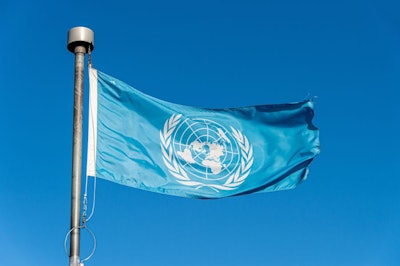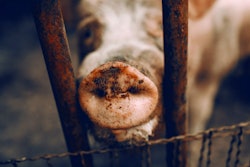
UN’s Food and Agriculture Organization dedicates two-day conference to addressing ‘unprecedented’ threat
Calling outbreaks of African swine fever (ASF) an “unprecedented global threat,” the UN’s Food and Agriculture Organization hopes to garner support for a global call to action addressing the disease at a two-day conference in April.
The conference will focus on drafting a political declaration with calls to action for governments, industry and academia, as well as reviewing recent advances in mitigating ASF, according to Andriy Rozstalnyy, a senior animal health officer with the FAO.
The scope of ASF is such that it is not only an economic issue for swine producers in Europe and Asia, but has also begun to present a food security threat, Rozstalnyy said.
Not only has Chinese pork production decreased 21% within a year, he said, but pork prices have increased 42%. The cost of other meat products has also increased, he said.
“It has a spillover effect on prices and the availability of other types of food — meat products, and feed production like soya — because it’s interlinked in the food chain,” he said.
The impact is greater on rural communities in Asia and Eastern Europe, where backyard farming is most common. Rozstalnyy estimates that 43% of the world’s pigs are raised on small-scale or backyard farms.
“It’s definitely affecting the rural people, especially the most vulnerable that depend on raising pigs for food security and additional income,” Rozstalnyy said. “That’s why we call it that, a global unprecedented animal health crisis.”
Rozstalnyy said the aim of obtaining an international call to action on ASF is to build support for addressing the global threat in a collaborative manner. He said the FAO hopes to provide a forum for technical conversation about how to mitigate the risks, and also for a look at policy issues such as how to protect pork production — commercial and backyard — and maintain open trade. They also hope that more advanced countries will tutor and support developing nations in how to address ASF.
“To address a global unprecedented crisis, we believe it needs a global approach,” Rozstalnyy said, “but also tailored to national requirements, considering economic and cultural diversity.”
View our continuing coverage of the African swine fever outbreak.

















